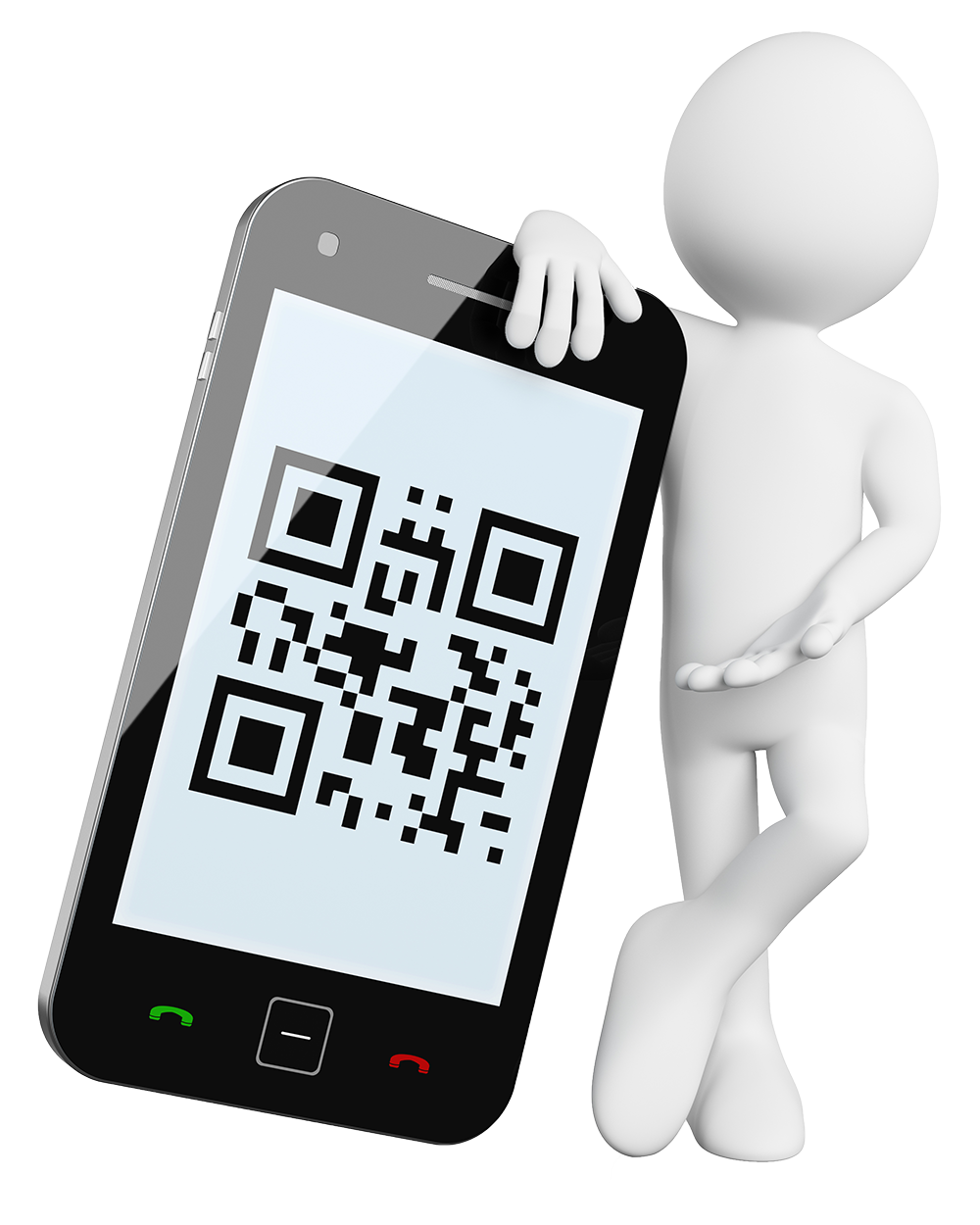
11
The Evolution of QR Codes: Types and Innovative Uses in 2025
QR codes have evolved into versatile tools used across various industries. This guide explores the types of QR codes, their benefits, and innovative uses in 2025, including contactless payments, healthcare, education, marketing, tourism, event management, retail, and smart packaging. Understanding QR codes can enhance operations and user engagement.
QR codes, or Quick Response codes, have come a long way since their inception in the 1990s. Originally developed for tracking automotive parts, these two-dimensional barcodes have evolved into versatile tools used across various industries. As we move into 2025, QR codes continue to innovate and find new applications. This comprehensive guide explores the types of QR codes, their benefits, and their innovative uses in today's digital landscape.
Types of QR Codes
- Static QR Codes:
- Description: These QR codes contain fixed information that cannot be changed once generated.
- Uses: Ideal for simple applications like URL links, contact details, and text messages.
- Dynamic QR Codes:
- Description: These QR codes allow the encoded information to be updated or changed without altering the QR code itself.
- Uses: Perfect for marketing campaigns, event management, and any application requiring flexibility.
- Micro QR Codes:
- Description: A smaller version of the standard QR code, designed for applications where space is limited.
- Uses: Commonly used in electronics, packaging, and small product labels.
- Frame QR Codes:
- Description: These QR codes include a customizable frame around the code, allowing for branding and additional information.
- Uses: Ideal for promotional materials, business cards, and advertisements.
- Logo QR Codes:
- Description: QR codes that incorporate a logo or image within the code, enhancing brand recognition.
- Uses: Used in marketing materials, product packaging, and corporate communications.
Innovative Uses of QR Codes in 2025
- Contactless Payments: QR codes have revolutionized the way we make payments. With the rise of mobile wallets and contactless payment systems, QR codes provide a secure and convenient method for transactions. Users can simply scan a QR code to complete a purchase, reducing the need for physical cash or cards.
- Healthcare: In the healthcare industry, QR codes are used for patient identification, medication tracking, and accessing medical records. Patients can scan a QR code on their wristband to retrieve their medical history, ensuring accurate and efficient care.
- Education: QR codes are enhancing the learning experience by providing quick access to educational resources. Teachers can use QR codes to link to supplementary materials, videos, and interactive content, making learning more engaging and interactive.
- Marketing and Advertising: Marketers are leveraging QR codes to create interactive and personalized campaigns. By scanning a QR code, consumers can access exclusive content, participate in contests, and receive special offers. Dynamic QR codes allow marketers to track engagement and update content in real-time.
- Tourism and Hospitality: QR codes are transforming the tourism and hospitality industry by providing tourists with easy access to information. Visitors can scan QR codes at landmarks to learn about the history and significance of the site. Hotels use QR codes for contactless check-ins, room service menus, and local guides.
- Event Management: Event organizers are using QR codes for ticketing, attendee registration, and access control. QR codes streamline the check-in process, reduce wait times, and enhance security by ensuring that only authorized individuals gain entry.
- Retail: Retailers are incorporating QR codes into their operations to improve the shopping experience. Customers can scan QR codes on product tags to access detailed information, reviews, and pricing. QR codes also facilitate inventory management and tracking.
- Smart Packaging: QR codes on packaging provide consumers with valuable information about the product, including ingredients, usage instructions, and expiration dates. Brands can use QR codes to share their sustainability efforts and connect with consumers on a deeper level.
Using a Free QR Code Generator
Creating QR codes has never been easier with tools like the free QR code generator available on quicktools.site. This tool allows you to generate customized QR codes for various applications, enhancing your marketing efforts and improving user engagement.
Conclusion
The evolution of QR codes has opened up a world of possibilities for businesses and consumers alike. From contactless payments to interactive marketing campaigns, QR codes are transforming the way we interact with the digital world. By understanding the different types of QR codes and their innovative uses, you can harness their potential to enhance your operations and engage with your audience in new and exciting ways.
Contact
Missing something?
Feel free to request missing tools or give some feedback using our contact form.
Contact Us